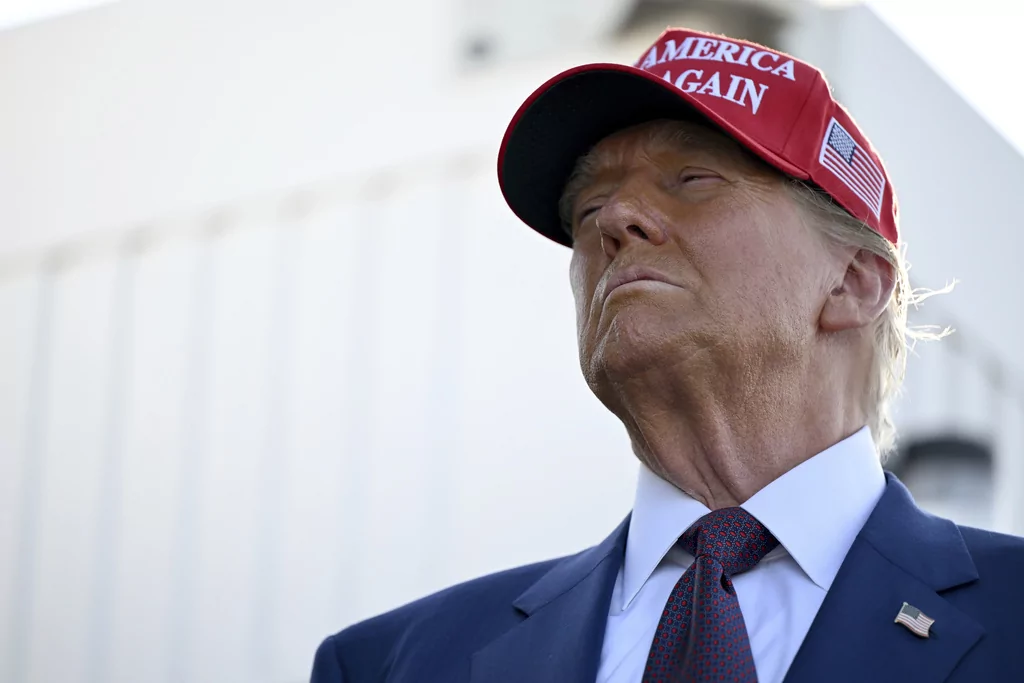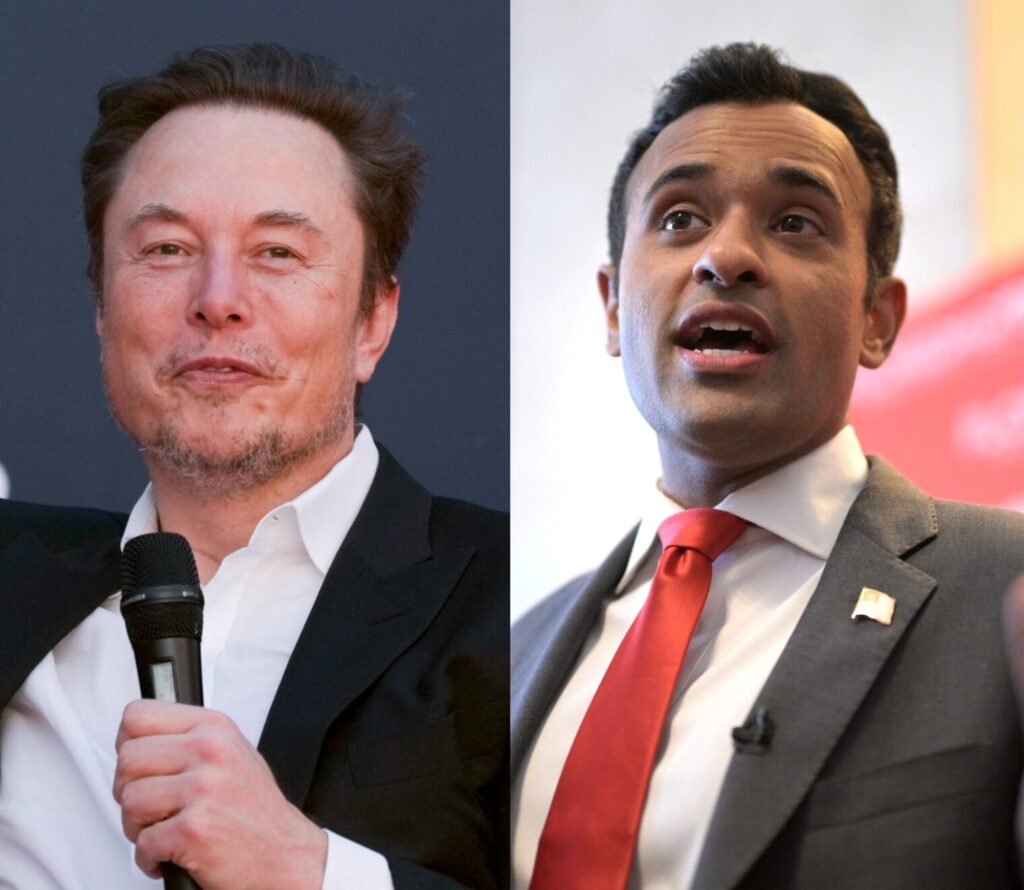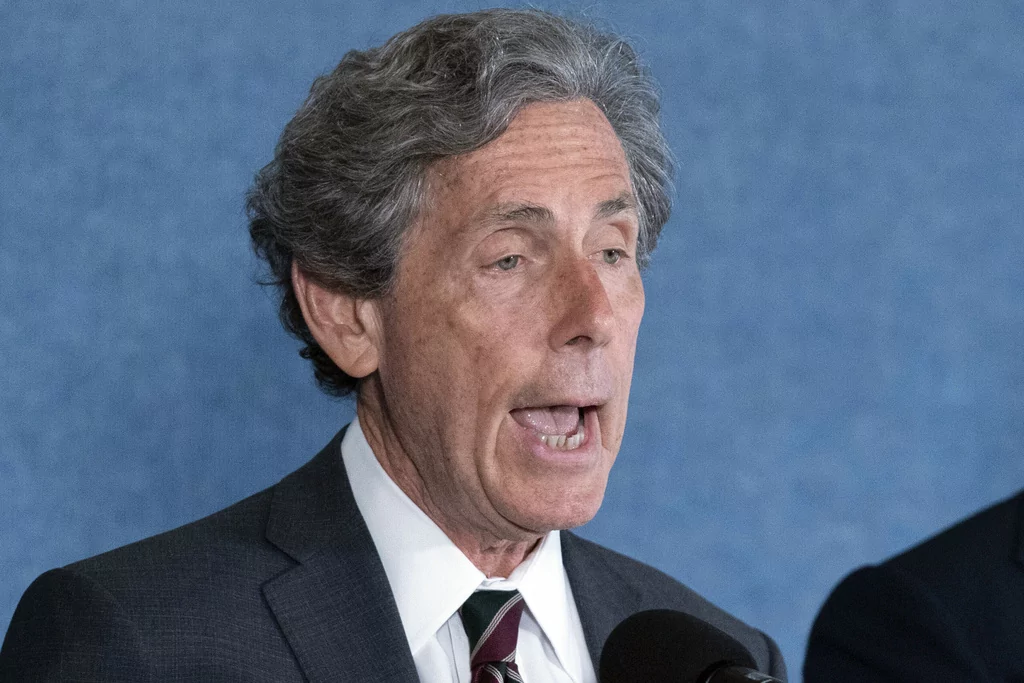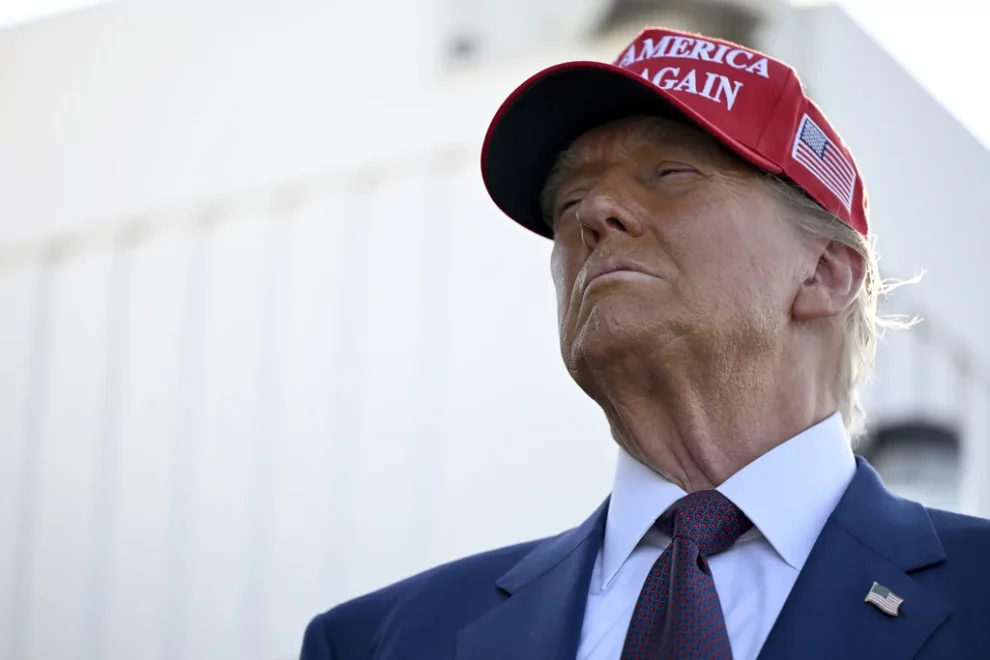President-elect Donald Trump has promised to dismantle diversity, equity, and inclusion policies across the board by targeting federal and corporate frameworks that critics say have fueled a “woke” agenda in the United States.
Several policy experts told the Washington Examiner that they anticipate a swift and strategic assault on DEI infrastructure by way of executive orders, agency reforms, and litigation strategies aimed at reshaping the regulatory landscape.

Day 1 executive orders and agency overhaul
Will Hild, executive director at Consumers’ Research, predicts a flurry of executive orders on Inauguration Day aimed at reversing President Joe Biden’s “whole-of-government equity agenda.”
“The way the Trump folks have been talking, these things are already drafted and ready to go,” Hild told the Washington Examiner. “I believe we’ll see dozens of executive orders on the first day.”
Trump’s executive orders could include rescinding Biden-era executive orders such as Executive Order 13985, which he signed on Day 1 of his term that advanced equity initiatives throughout federal agencies. Additionally, Trump could also push through new executive orders such as bans on DEI and critical race theory within federal institutions.
BIDEN TO USE LAME-DUCK SESSION TO ‘TRUMP-PROOF’ LEGACY
Direct action from the executive branch could prove useful as the Trump administration also caters its focus toward revising specific agency policies. That is in part due to the entrenched nature of DEI under Biden, who more recently issued an executive order in February 2023 that required federal agencies to deliver annual Equity Action Plans identifying and addressing obstacles to equity in their operations.
Senior Heritage Foundation fellow Mike Gonzalez and Armen Tooloee, an adviser to anti-DEI champion Christopher Rufo, outlined in a recent Wall Street Journal op-ed how Trump could mete out overhauls to diversity frameworks, such as reinstating his 2020 ban on DEI training for federal employees and contractors. They also advocated a new executive order to define “male” and “female” in precise biological terms, addressing what they describe as the Biden administration’s “destructive muddling” of Title IX.
But undoing the entrenched DEI policies across government and corporations will require a more directed focus on shifting policies at the relevant agencies under the executive branch.
Among the agencies likely to face restructuring is the Labor Department’s Office of Federal Contract Compliance Programs, which has long used disparate impact liability to hold federal contractors accountable for racial and gender representation using fines and penalties.

Devon Westhill, president of the Center for Equal Opportunity, suggested the new Department of Government Efficiency commission headed by Elon Musk and Vivek Ramaswamy, could shut down the OFCCP entirely, citing its questionable constitutionality and its role in enforcing DEI metrics and improving efficiency by shifting its functions to the Equal Employment Opportunity Commission.
“On Day One, the Trump administration could move its essential functions to the Equal Employment Opportunity Commission, streamlining federal oversight while eliminating the DEI enterprise,” Westhill said, noting that “If DOGE is serious, they can essentially shut that office down.”
A shoulder tap on corporate America
Trump’s federal approach to paring back DEI policies is expected to send shockwaves through the private sector, as several leading corporations have already begun scaling back diversity initiatives.
Walmart recently announced plans to shut down its Center for Racial Equity, discontinue supplier diversity programs, and stop sharing LGBT policy data with the Human Rights Campaign. Boeing dismantled its global DEI department, folding it into human resources and ending participation in diversity rankings. Similarly, Lowe’s scaled back its LGBT initiatives, including withdrawing from the Human Rights Campaign’s Equality Index and halting external sponsorships. John Deere followed suit, eliminating diversity quotas, pronoun policies, and participation in pride events after significant conservative backlash.
Hild emphasized that existing labor laws prohibiting racial quotas could be enforced more aggressively under the Trump administration, holding corporations accountable for illegal hiring practices under DEI policies.
“Companies that have adopted explicit racial quotas face staggering liabilities if the EEOC and Department of Labor decide to enforce these laws evenly,” Hild said, pointing to companies such as Coca-Cola, which has publicized its “ambition” to align its workforce with U.S. census demographics by 2030.
Gonzalez and Tooloee argue that eliminating DEI practices across federal and corporate America requires deeper cultural changes, such as abolishing racial and ethnic categories on the U.S. Census, which they contend fuel identity politics and divide the nation.
Reforms in education and beyond
The battle against DEI also hinges on reversing affirmative action policies in education, which were curtailed by the Supreme Court’s decision in Students for Fair Admissions v. Harvard/UNC. Under Biden, federal agencies made no effort to align diversity initiatives with the ruling, instead issuing guidance to schools on how to circumvent the decision.
Westhill expects the Education Department’s Office for Civil Rights to become a focal point in a Trump administration, with a record number of investigations into colleges and universities suspected of evading the affirmative action ruling.
“The Trump administration must set a record for investigations into admissions practices, antisemitic harassment, and Title IX violations,” Westhill said.
Trump has also signaled plans to overhaul higher education more broadly, proposing to change the accreditation system, protect free speech, eliminate wasteful administrative positions, and use the Justice Department to sue schools that continue engaging in racial discrimination.
Litigation as a policy tool
Jesse Panuccio, a former third-ranking official at the Justice Department, suggested the Trump administration could adopt a “sue and settle” strategy previously used by Democratic administrations to achieve policy goals.

“What’s sauce for the goose is sauce for the gander,” Panuccio said during a recent live panel for the Federalist Society. “If Democrats used it to enforce their agenda, Republicans can use it to dismantle those same policies.”
Under this approach, conservative organizations could sue over Biden-era regulations, allowing the administration to settle lawsuits in ways that unwind DEI rules without lengthy rulemaking processes.
The strategy referenced by Panuccio could extend to litigation by anti-affirmative action advocate Edward Blum, who is challenging the use of race in admissions at military academies. A Trump-led DOJ is expected to oppose affirmative action at these institutions and could settle Blum’s lawsuits while simultaneously implementing policy changes to eliminate race-based considerations.
“What the incoming Trump administration could do is essentially settle those cases,” Westhill said. “I expect they will outlaw the use of race in admissions at the military academies, essentially mooting these cases.”
The fight against ‘wokeness’ is only just starting
The Wall Street Journal‘s op-ed writers also highlighted other targets, such as dismantling the Corporation for Public Broadcasting, which they claim uses taxpayer dollars to spread progressive ideologies. Ending DEI within cultural institutions such as the Smithsonian was another target priority for Gonzalez and Tooloee, as they argue its leadership has embraced ideologies that undermine its educational mission.
WHAT TRUMP HAS PROMISED TO DO ON DAY 1 IN THE OVAL OFFICE
Gonzalez and Tooloee warned that celebrating the decline of “wokeness” is premature. While recent elections have signaled dissatisfaction with progressive ideologies, illustrated by Trump’s campaign ad juxtaposing “Kamala is for they/them” with “President Trump is for you,” they stress that dismantling wokeness requires a systematic reversal of entrenched policies and practices.
“The electorate has rejected wokeness,” they wrote. “But celebrating the end of peak woke and burying it completely are two different things.”
























